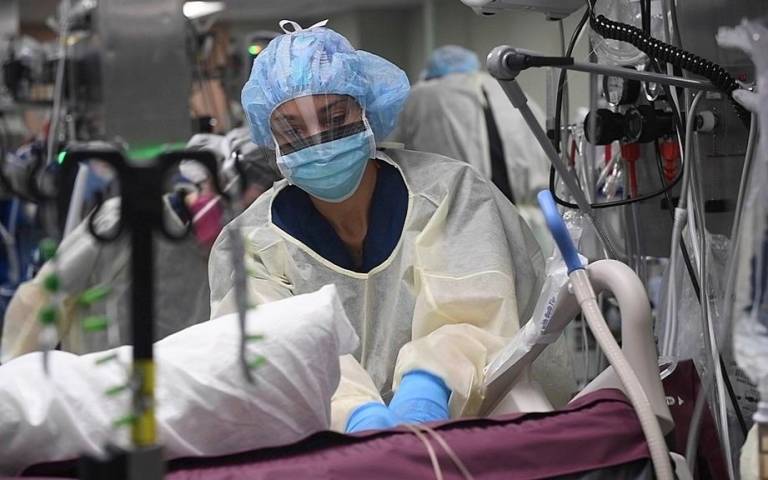Half of children with inflammatory syndrome after COVID-19 have neurologic symptoms
16 April 2021
Half of young people who developed the rare but serious multisystem inflammatory syndrome in children (MIS-C) associated with COVID-19 had neurologic symptoms or signs when they entered the hospital according to preliminary research led by UCL Queen Square Institute of Neurology.

Those symptoms included headaches, encephalopathy and hallucinations.
The unpublished findings will be presented at the American Academy of Neurology's 73rd Annual Meeting being held virtually April 17 to 22. The conference abstract was peer-reviewed by the conference’s scientific committee, and the data is being incorporated into a larger paper that has not yet been published.
Lead author Dr Omar Abdel-Mannan (UCL Queen Square Institute of Neurology) said: "With this new inflammatory syndrome that develops after children are infected with the coronavirus, we are still learning how the syndrome affects children and what we need to watch out for. We found that many children experienced neurologic symptoms involving both the central and peripheral nervous systems."
For the study, researchers reviewed the records of all children under age 18 admitted to Great Ormond Street Hospital in London between April 4, 2020, and September 1, 2020, who met the criteria for multisystem inflammatory syndrome in children.
There were 46 children with an average age of 10. Of those, 24 children had neurologic symptoms or signs that they had not experienced previously. Twenty-four had headaches, 14 had encephalopathy, six had voice abnormalities or hoarseness, six had hallucinations and five had ataxia, or impaired coordination. In addition, three children had problems with their peripheral nerves and one child had seizures.
The children with neurologic symptoms were more likely to need a ventilator and drugs to help stabilize their blood circulation than the children without neurologic symptoms. However, there were no differences in terms of demographics, inflammatory markers, management or short-term outcomes between the two groups.
Dr Abdel-Mannan said: "Children who develop this condition should definitely be evaluated for neurologic symptoms and longer- term cognitive outcomes. More studies are needed involving more children and following children to see how this condition changes over time and if there are any longer-term neurocognitive effects."
A research team led by co-lead author Dr Yael Hacohen (UCL Queen Square Institute of Neurology) will continue to monitor children with the syndrome. While the new study reports that almost all of the children made a complete functional recovery, the researchers will investigate if there are any long-term cognitive or psychological impacts.
Links
Source
Image
- Intensive care unit aboard the US hospital ship USNS Comfort. Credit: US Navy photo by Mass Communication Specialist 2nd Class Sara Eshleman. Source: Health.mil
 Close
Close

